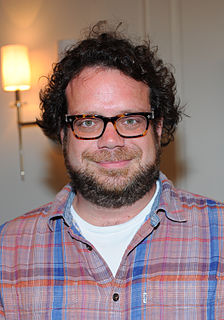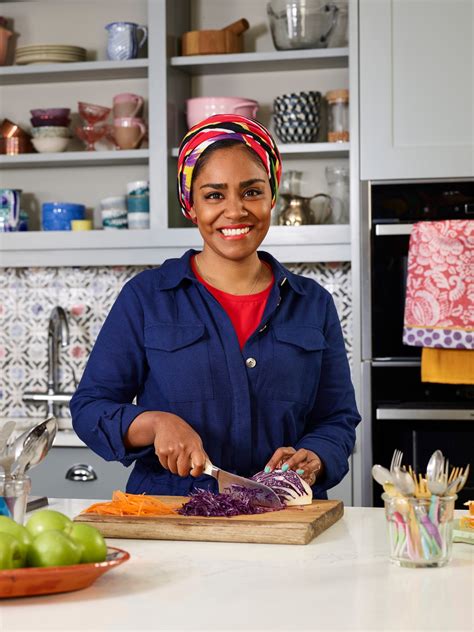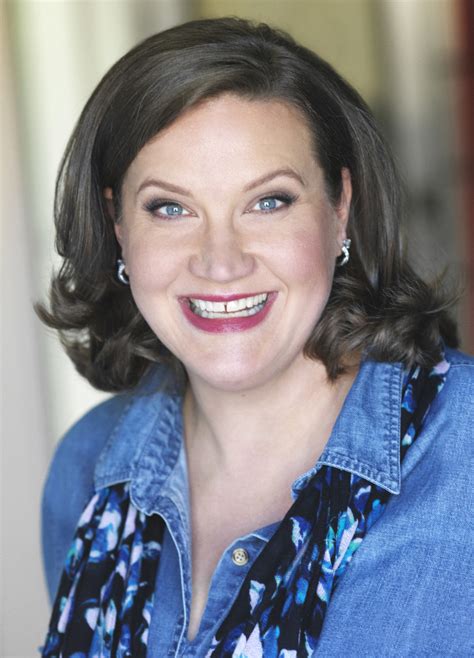A Quote by Geraldine Brooks
I was really interested in how marriages work, how you can, you know, be in love with somebody and spend many years with your lives intertwined, but in the end another soul can be fundamentally unknowable. And I think that the stress of war, when one party goes away and the other has to deal at home, is a really testing time in a lot of marriages.
Related Quotes
Sometimes the personality or just the particular process of a director can really affect your quality of life as a composer in terms of how much time you spend away from your family or the amount of time you spend doing the type of work that you maybe don't consider as fun to do as other type of work.
There is much made in the psychological literature of the effects of divorce on children, particularly as it comes to their own marriages, lo those many years later. We have always wondered why there is not more research done on the children of happy marriages. Our parents' love is not some grand passion, there are no swoons of lust, no ball gowns and tuxedos, but here is the truth: they have not spent a night apart since the day they married.How can we ever hope to find a love to live up to that?
I think another [myth] is that some marriages are just hopeless. This is a common thing I hear from people, "Well, I just think there are some marriages that are hopeless, Dr. Chapman, don't you agree with that?" I say I understand the feeling, but the fact is that there are no marriages that are hopeless.
Novels shouldn’t aspire to answer questions, and I wouldn’t presume to offer advice about love or marriage in any case. What’s fascinating to me about marriage as a subject for fiction—a subject that fiction has taken on with gusto since the 19th century—is how unknowable other people’s relationships are. Even the marriages of your parents, your siblings, your closest friends always remain something of a mystery. Only in fiction can you pretend to know people completely.






































